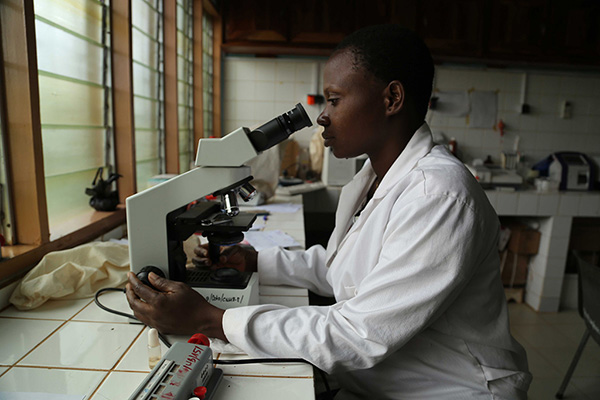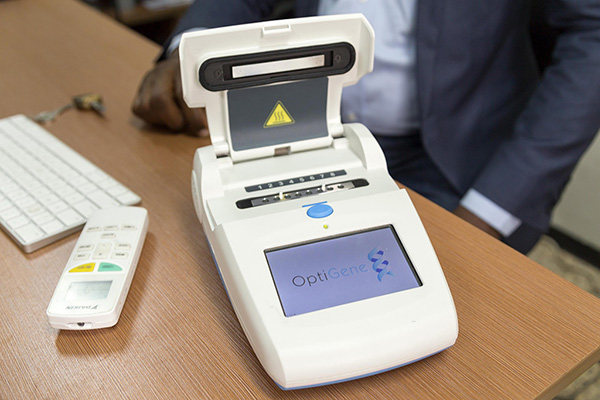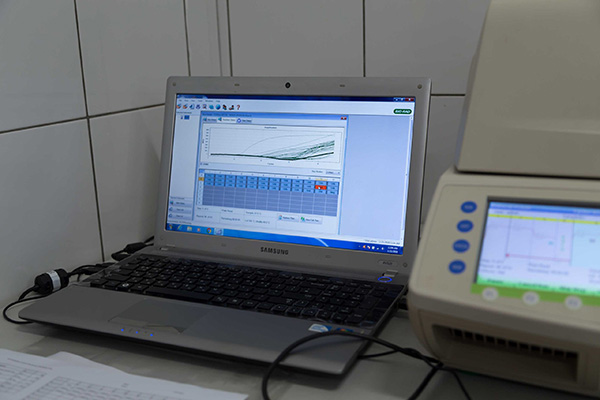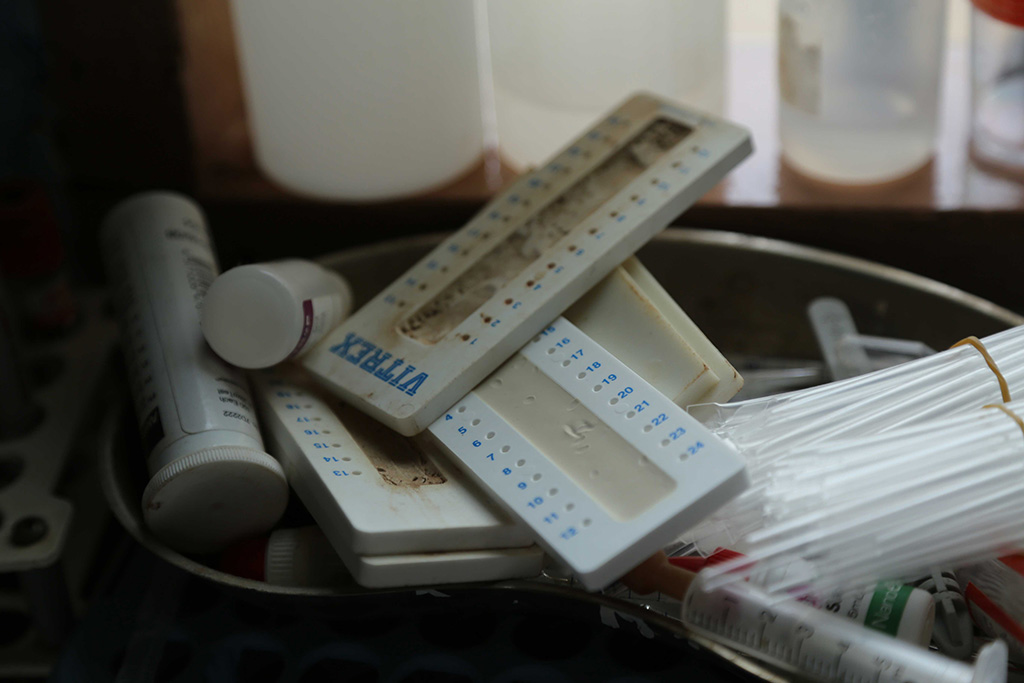Shirley Victoria Simpson. Researcher in the bacteriology department of the Noguchi laboratories in Ghana
“Early detection is key”
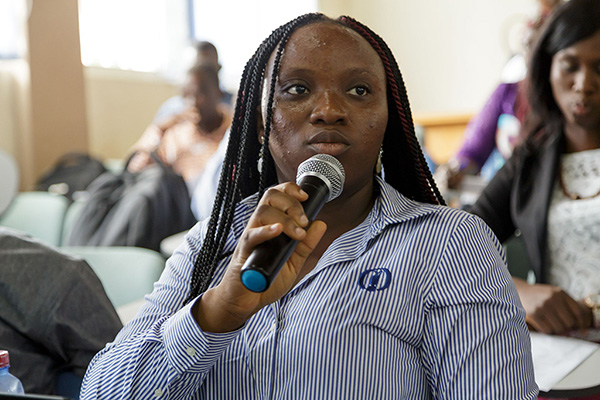
Introduction:
Shirley is one of the key researchers in the Noguchi laboratories in Ghana, where she carries out diagnostic tests of Neglected Tropical Diseases such as yaws and Buruli ulcer. A young African researcher who breaks gender stereotypes and contributes to a better quality of life for impoverished people.


Anesvad Foundation:
When did you decide to focus on being a researcher?
Shirley Victoria Simpson:
I always wanted to be a doctor and work in health. Luckily, my family supported me and encouraged me to continue studying science, even though it was uncommon among girls.
I studied Chemistry at the University of Cape Coast (Ghana) and during my training I had a supervisor who took us to different communities to collect samples of possible forgotten diseases. It was then that I decided I wanted to contribute to the fight against these diseases, and I focused on research.
Anesvad Foundation:
When did you start to research NTDs?
Shirley Victoria Simpson:
Before arriving at Noguchi I hadn’t heard of them. But when I started working in the Bacteriology Department in 2009, I started conducting research into them. Eight years ago, we started working with yaws as part of a World Health Organisation (WHO) programme: we went into the field to collect samples and were able to carry out analyses to confirm cases in our labs.
Anesvad Foundation:
What aspect of your work would you emphasise in combatting these diseases?
Shirley Victoria Simpson:
Our role as a laboratory has always been to train lab technicians in the district in order for them to confirm cases.
Thanks to the collaboration of organisations such as Anesvad Foundation, we have been able to train these people to ensure they know how to take samples correctly, as well as packaging them and filling out the accompanying forms. We also confirm cases of Buruli ulcer, yaws and leprosy in our laboratories, primarily through PCRs.
Anesvad Foundation:
What is it like being a female researcher in Ghana?
Shirley Victoria Simpson:
Although the situation is improving, Ghanaian women have traditionally stayed at home and the men have been responsible for work.
That mentality is gradually changing and more opportunities for women are arising. We see more and more women opting for careers in the sciences, engineering, etc. but gender roles are still entrenched in Ghanaian society, and we have to keep on leading the way.
Anesvad Foundation:
What is your message for a future free from NTDs?
Shirley Victoria Simpson:
I think there’s hope for the future. First, because there is new technology and advances such as new diagnosis methods.
Early detection is key, as is the timely supply of medicines to combat NTDs and avoid greater problems for those suffering from them. So, basically, the control and eradication of these diseases will help children in rural communities to be healthier and stronger, which will undoubtedly help Ghana.


